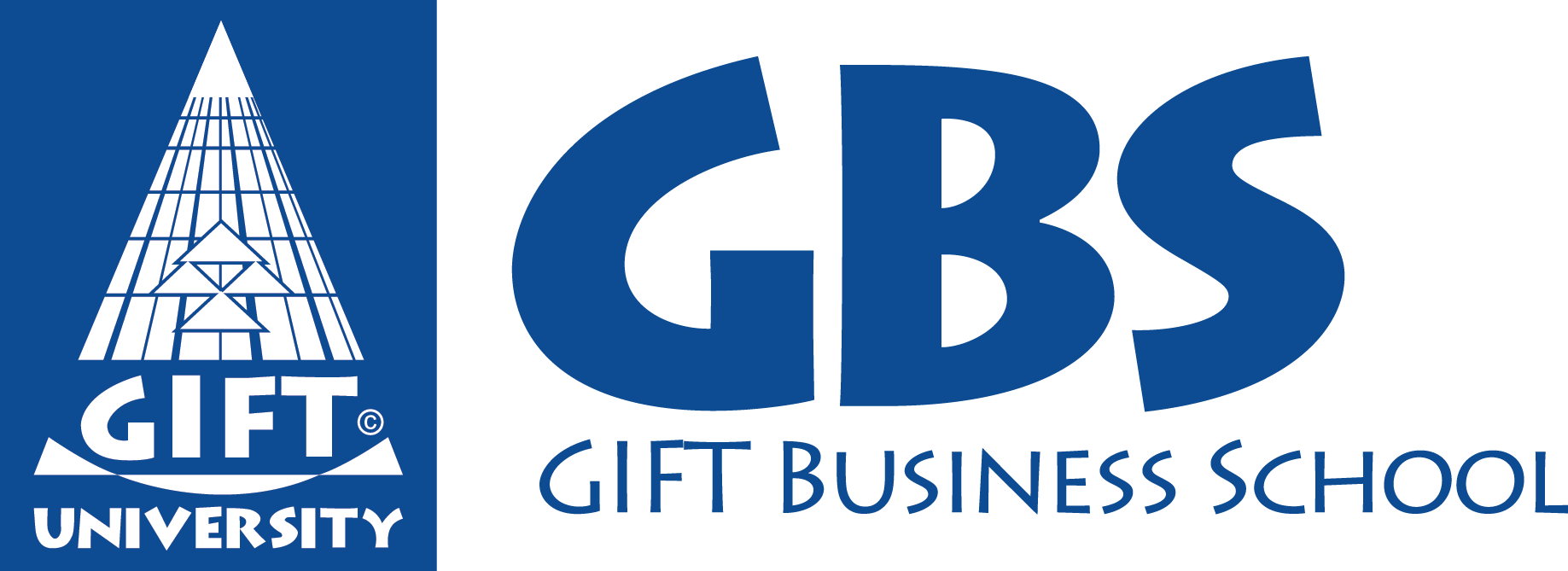Writing a composition requires a certain formal speech, organization, and tone, though there are exceptions to those rules depending on the type of composition and its objective. An essay typically is, by definition, a written piece that presents the author’s debate, but this definition is somewhat vague, overlapping with that of a personal letter, article, newspaper, publication, and even a brief narrative. Essays are normally categorized as either formal or casual, and formal essay styles are more commonly called”footnotes” or”supported essays” Formal essay styles most closely resemble the type of writing that is found in professional research papers.
In general, essay writing has three basic categories: argumentative, analytical, and descriptive. Argumentative essayists use evidence and logic to support their points; they don’t rely on personal opinion, and they are usually written about recent themes in certain area of study. Analytical essayists, meanwhile, focus on presenting new information, normally in scientific or alternative research-oriented publications, to support their arguments. Descriptive essay writing, on the other hand, uses personal experience as a means of presenting information. Many pupils in high school and college write essays in this valley.
After writing a personal essay, it’s important corretor de pontuacao e virgula to keep in mind that the essay is going to be read not only by your professors that will assess the level of your writing, but also by friends and family, family members, and sometimes even total strangers. Because of this, high school and college students are advised to compose carefully and carefully, using simple English. Most high school and college students are encouraged to write one essay for college, although this may change depending upon the essay’s purpose and the university or college in which the pupil attends. Many pupils find writing multiple essays to be more challenging and fun than writing a personal essaywriting.
Among the most important things students will need to remember when writing an essay is that an argument has to be based on researched, verifiable facts. Pupils frequently find themselves repeating information already known to them or developing an entirely new subject based on their experiences. This is never a fantastic idea. It’s much better to build on what has already been learned, using the secondary sources supplied by your principal source, than to start writing from scratch without a previous knowledge of the primary source.
An important part of any fantastic essay is to start by detailing your principal point, which will behave as the body of your job. The introduction is absolutely crucial, since it serves as your opening statement, the meat of your work. Some students find the introduction to be the most difficult part of the assignment, as they need to prepare themselves for a protracted discussion about the topic. When the opening section is finished, the rest of the assignment must be comparatively simple.
Among the biggest mistakes students make when writing essays is including only one side of a problem or argument. While this may seem corretor gramatica as if you’re giving your arguments some distance, don’t do so, since you don’t wish to come across as too detached from the facts presented. The introduction and conclusion paragraphs ought to discuss the very same points, allowing for you to build on the previous paragraphs.
To be able to write more efficiently, it helps to have a clear direction for your own research, as well as a clear outline of your primary thesis statement. Oftentimes, students wrongly write essays together with the goal in your mind of arguing their case, instead of providing original, insightful content. The very best way to make certain that your essays reach their entire potential is to have a program.
Finally, so as to write more efficiently and with less mistakes, it is helpful to begin writing essays with a purpose in mind. If you are uncertain of what you’re attempting to achieve, focus on demonstrating a point instead of trying to prove an idea. This can help you create a style that is tailored for your audience and will allow you to tailor your arguments into some more specific audience.
